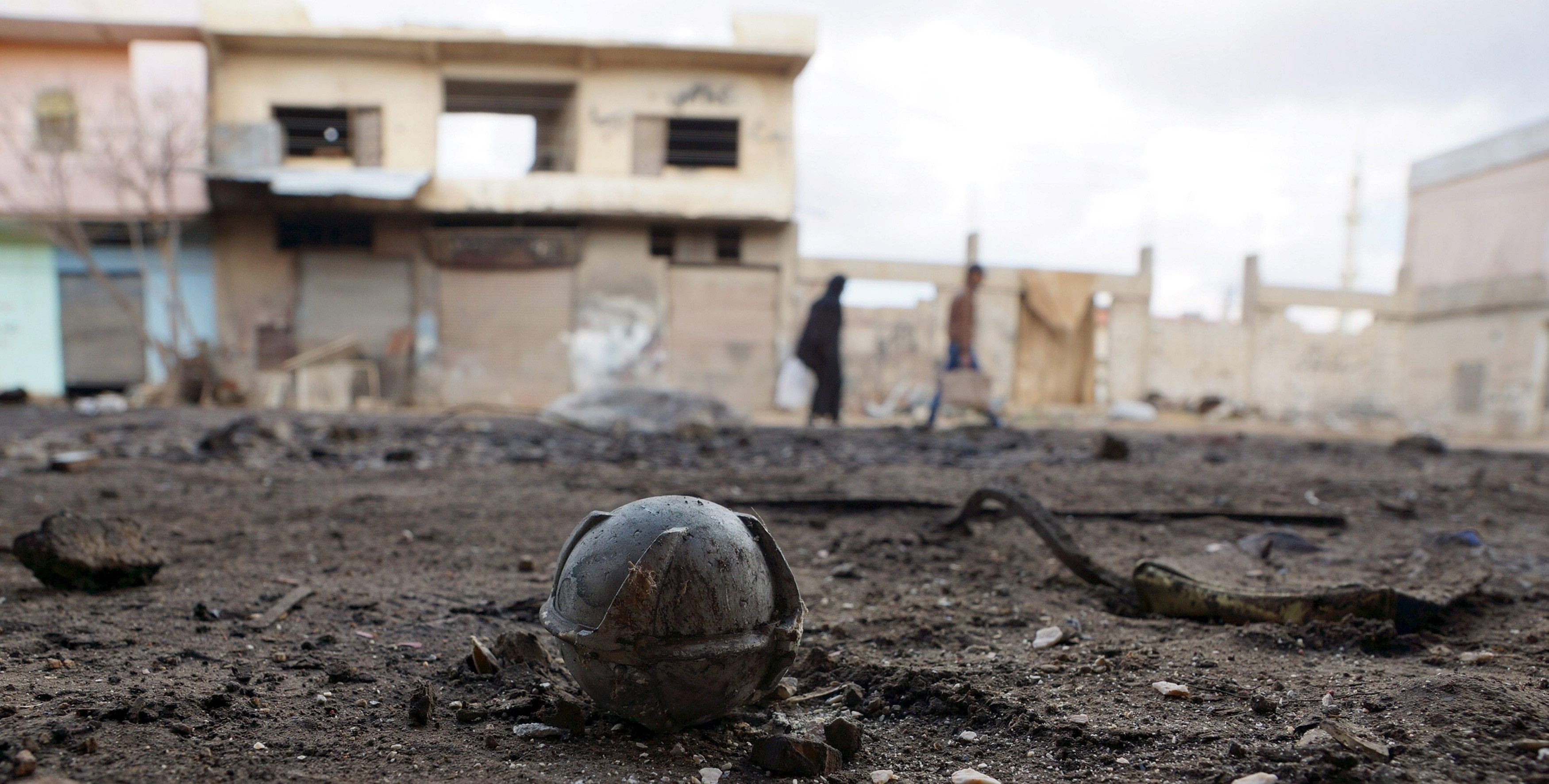Controversial Weapons

Controversial weapons indiscriminately affect civilian populations and inflict disproportionate suffering on their victims, often long after a conflict has ended. Many are banned by international treaties, but not all states have signed them, so these weapons continue to be produced.
SVVK-ASIR bases its recommendations on the international conventions ratified by Switzerland, which are expressed in the Federal Act on War Materiel (WMA). Explicitly prohibited (according to the WMA) are the production of anti-personnel mines, cluster munitions, and biological and chemical weapons, and the production of nuclear weapons for non-nuclear weapon states. The list of recommended exclusions is published regularly. For this purpose, SVVK-ASIR cooperates with specialised partners.
FAQ
Why don't you exclude all arms manufacturers?
SVVK-ASIR bases its recommendations on Swiss laws and on international conventions ratified by Switzerland. However, the development, production, storage and distribution of conventional weapons are generally not prohibited in Switzerland and internationally. Indeed, to safeguard its sovereignty Switzerland relies on the use of conventional weapons by its armed forces. Some of these weapons are made by companies in Switzerland. As long as these arms manufacturers do not breach the Federal Act on War Material, SVVK-ASIR lacks the objective basis to recommend their exclusion.
Why don't you exclude all nuclear weapons manufacturers?
SVVK-ASIR recommends the exclusion of all manufacturers of nuclear weapons that are not classified among the five nuclear weapon states. This is done in accordance with the 1970 Nuclear Non-Proliferation Treaty, which distinguishes between nuclear weapon and non-nuclear weapon states. The former are allowed to develop, produce and store nuclear weapons. Non-nuclear weapon states are prohibited from doing so.
Switzerland ratified this treaty in 1977. It is supported by almost all states and aims to reduce the risk of nuclear war and, in the longer term, to eliminate it altogether. Therefore, SVVK-ASIR only recommends the exclusion of arms manufacturers that produce nuclear weapons in a non-nuclear weapon state or that sell them to non-nuclear weapon states.
On what sources of information do you base your recommendations?
SVVK-ASIR collaborates with the research company ISS-ESG (formerly Ethix) in forming its recommendations to exclude manufacturers of banned weapons. ISS-ESG employs a team of specialists with many years of experience in the armaments sector who have the requisite knowledge of the various weapons programmes and have access to relevant sources of information. The analysis results are then monitored for plausibility both internally and by other external sources before being discussed by the Executive Board.
How do you deal with parent companies and subsidiaries?
With regard to the demarcation of company constructs, SVVK-ASIR follows the principle of responsibility. If a subsidiary company is involved in the production of controversial weapons, the parent company is also recommended for exclusion if it holds at least a 50% stake in the company or controls its business, regardless of the size of the stake.
Conversely, a subsidiary is not necessarily recommended for exclusion if the parent company is involved in the production of controversial weapons. The requirement for an exclusion recommendation would be that the subsidiary itself has a direct link to the controversial business activity or, for example, acts purely as a provider of capital to finance the controversial business activity of the parent company. The same applies to sister companies.